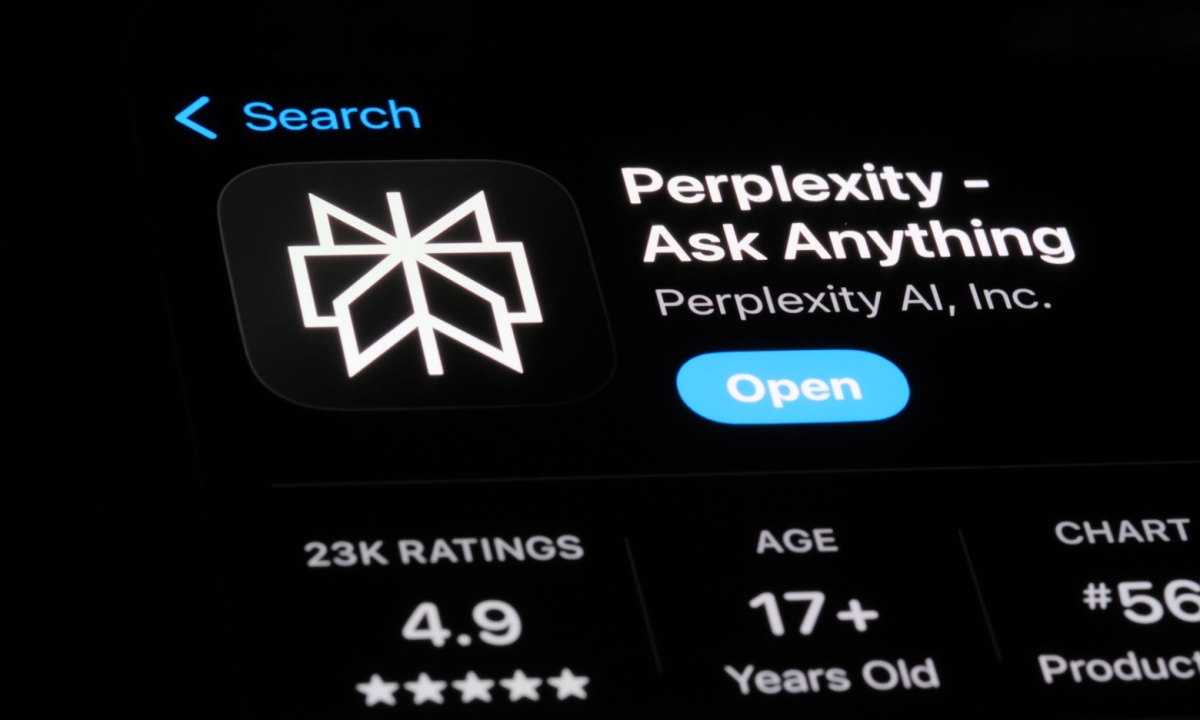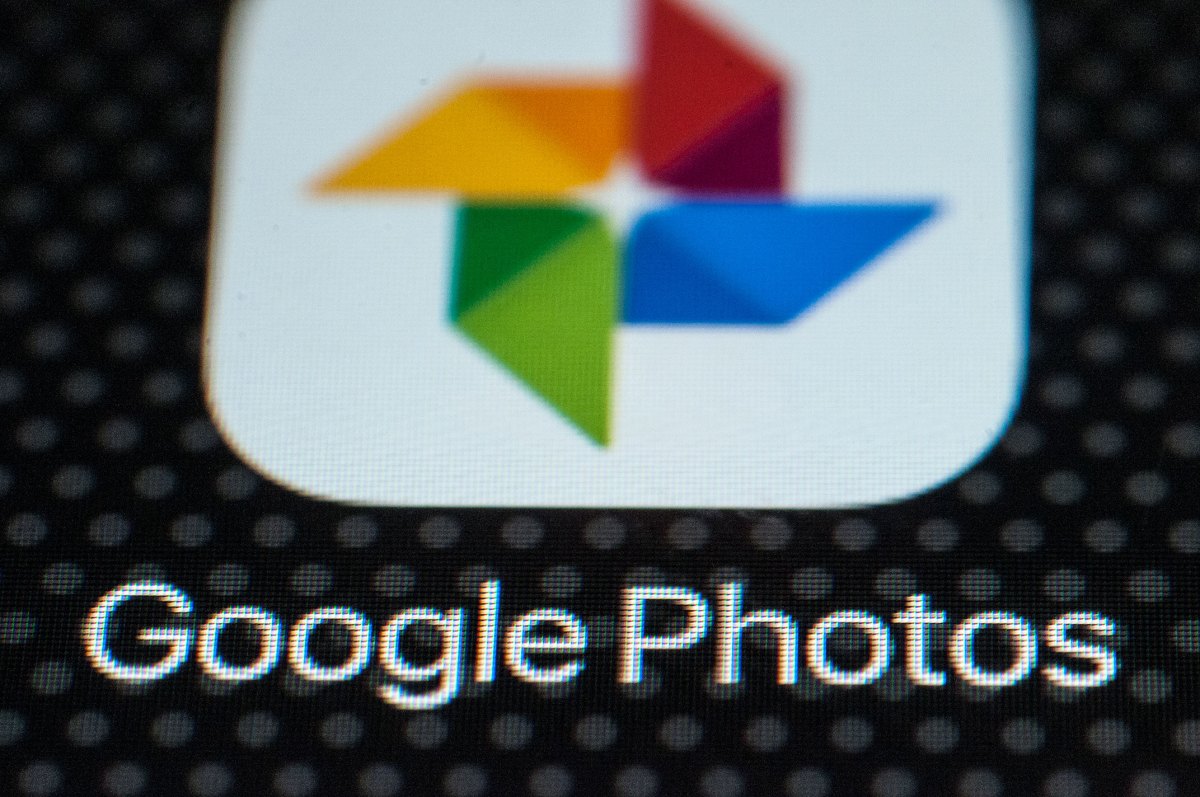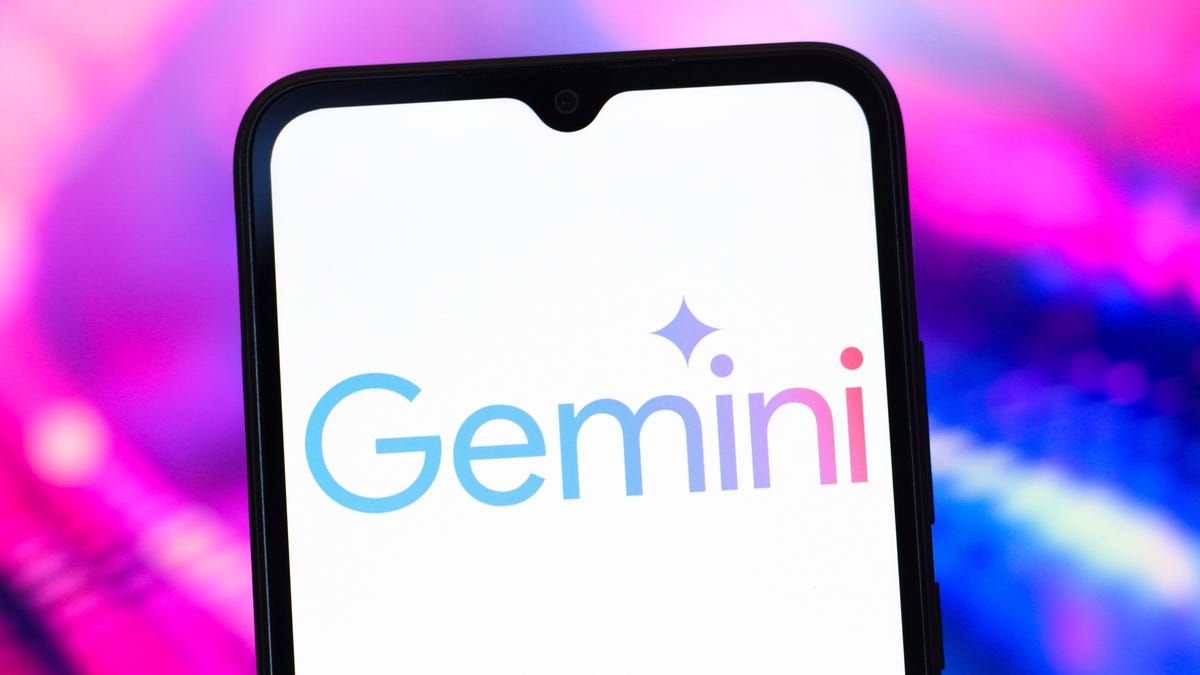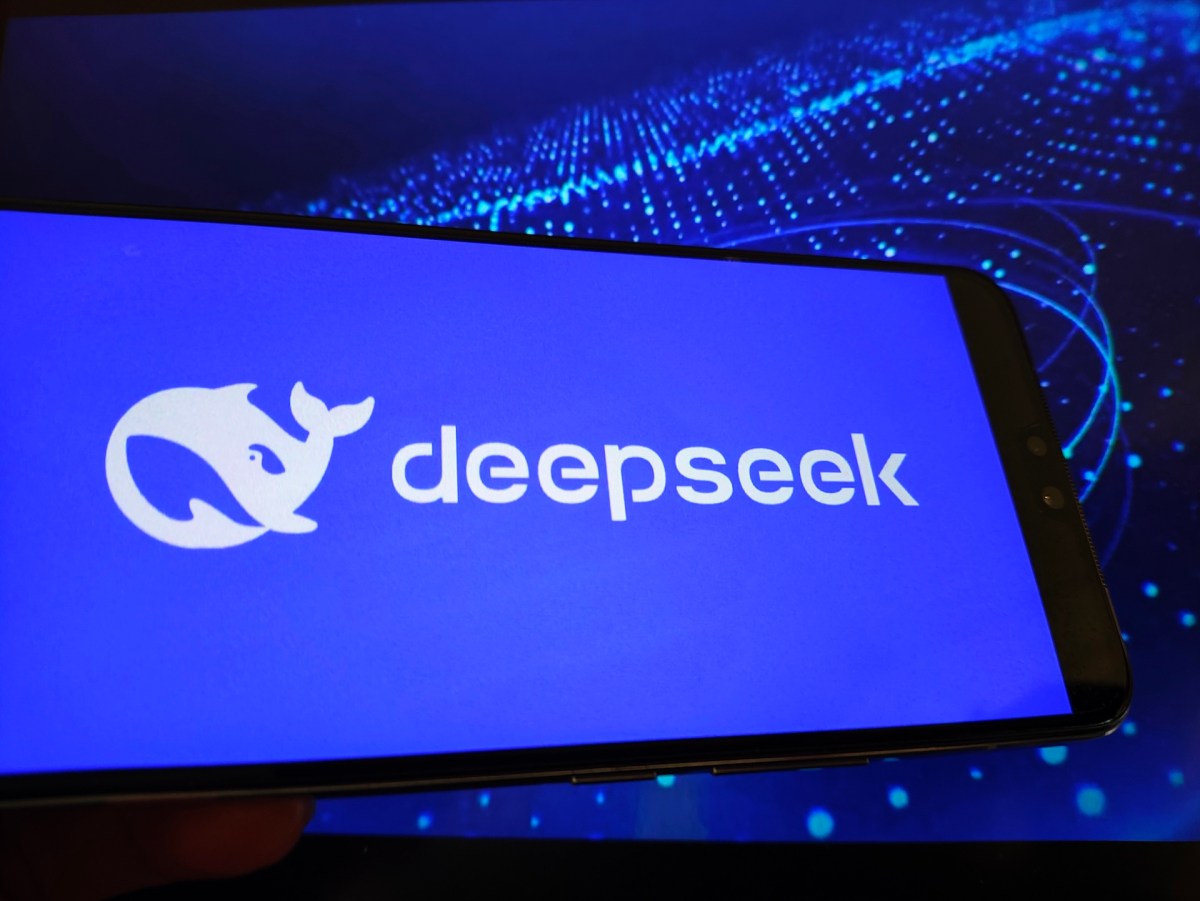Perplexity AI, an emerging player in the generative AI field, is expanding its partnerships with major companies including Samsung, Motorola, PayPal, and SoftBank, along with potential talks with Apple. Its collaboration with Samsung aims to integrate Perplexity’s AI into Galaxy devices, potentially replacing Google’s assistant, while also enhancing Motorola smartphones with AI features.
The startup’s strategy focuses on combining multiple large language models (LLMs) for optimized user experience. This allows it to deliver accurate, cited responses, appealing particularly to enterprise clients who prioritize transparency and reliability. Unlike competitors such as ChatGPT, which excels in creative tasks, Perplexity positions itself as a research-driven alternative. While still smaller in web traffic, Perplexity aims to leverage its unique business model and strong enterprise focus to capture significant high-value queries. Its technical flexibility and understanding of business needs are key to its growing relevance in the AI space.
Source link









